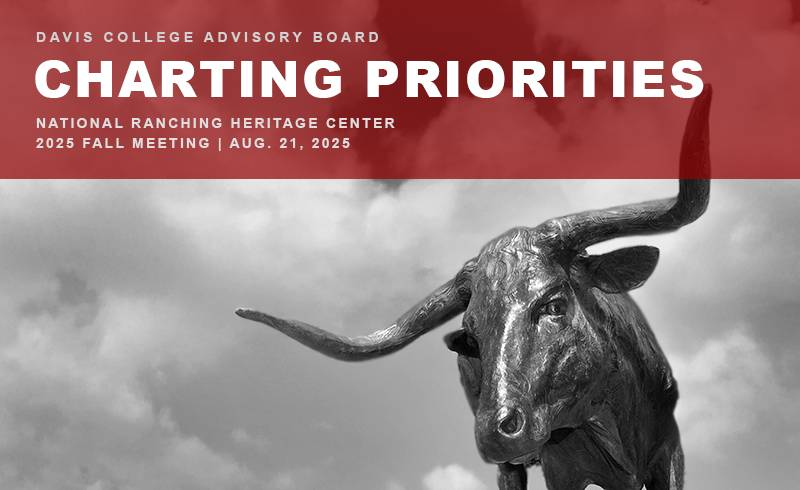
August 21, 2025
Advisory Board Meets to Bolster Davis College Outreach and Innovation
Topics included action items related to academic advancement, outreach strategies, alumni engagement, and research development at both state and federal levels.
Agricultural & Applied EconomicsAg Education & CommunicationsAnimal & Food SciencesLandscape ArchitectureNatural Resources ManagementPlant & Soil ScienceVeterinary Sciences
X

August 21, 2025
Topics included action items related to academic advancement, outreach strategies, alumni engagement, and research development at both state and federal levels.
tags: Agricultural & Applied Economics, Agricultural Education & Communications, Animal & Food Sciences, CASNR NewsCenter, Landscape Architecture, Natural Resources Management, Plant & Soil Science, Top Headlines, Teaching
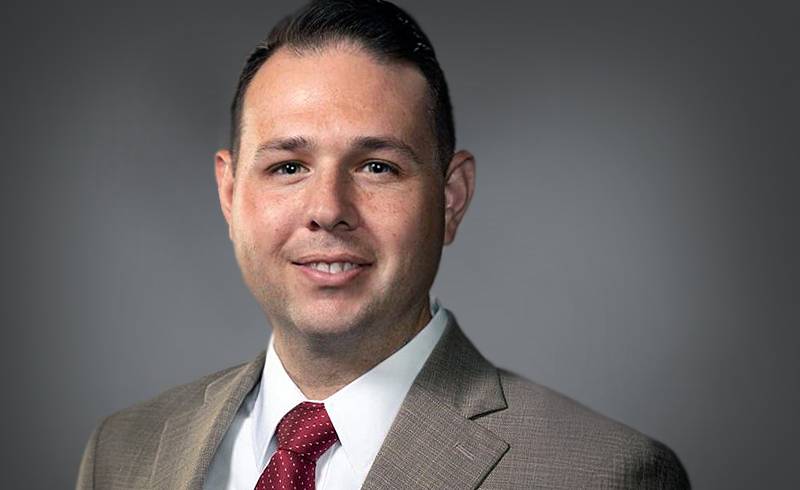
August 19, 2025
His expertise spans school-based agricultural education and quantitative research methodology, with peer-reviewed work appearing in top disciplinary journals.
tags: Agricultural Education & Communications, CASNR NewsCenter, New Faculty & Staff, Top Headlines
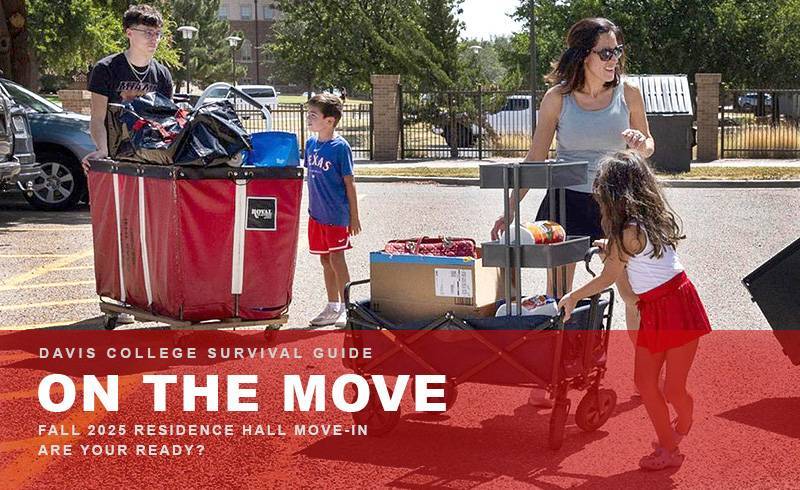
August 18, 2025
First-year students heading to Davis College feel the excitement, and perhaps a touch of anxiety. Move-in day is a logistical challenge. To help navigate the experience, we offer practical suggestions.
tags: Agricultural & Applied Economics, Agricultural Education & Communications, Animal & Food Sciences, CASNR NewsCenter, Landscape Architecture, Natural Resources Management, Plant & Soil Science, Top Headlines, Teaching

August 17, 2025
‘Kris has been an inspirational leader and a role model to me. She’s one of the most highly respected leaders in our field and will make a positive impact in Carbondale.’
tags: Agricultural Education & Communications, CASNR NewsCenter, Top Headlines, Outreach

August 15, 2025
‘For our students, especially, it provides an opportunity to meet other students and show what an integral part of the TTU campus we are.’
tags: Agricultural & Applied Economics, Agricultural Education & Communications, Animal & Food Sciences, CASNR NewsCenter, Landscape Architecture, Natural Resources Management, Plant & Soil Science, Top Headlines, Teaching
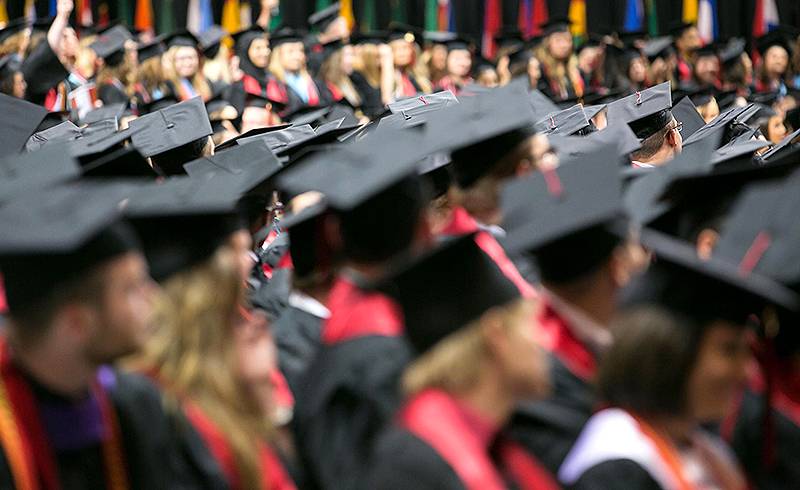
August 12, 2025
Sofia Gill, an animal science major from Garland, Texas, carried the banner for Davis College during the ceremony. She was also recognized as the college’s highest-ranking summer graduate.
tags: Agricultural & Applied Economics, Agricultural Education & Communications, Animal & Food Sciences, CASNR NewsCenter, Natural Resources Management, Plant & Soil Science, Top Headlines, Teaching
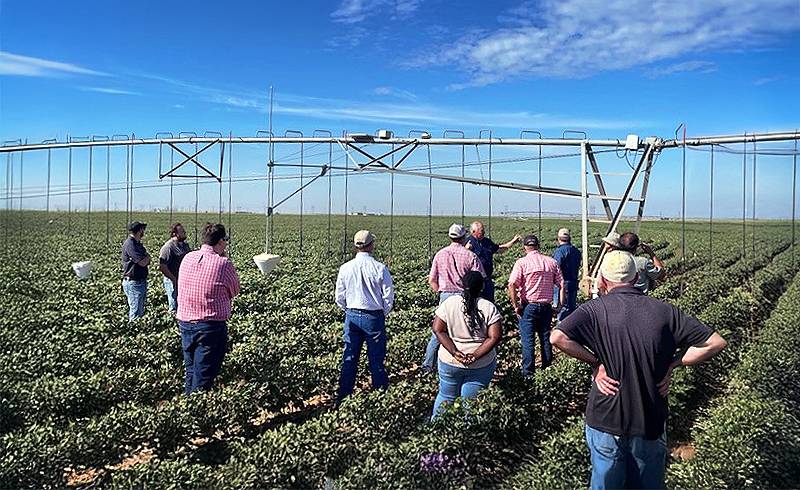
August 10, 2025
‘Grand challenges like water sustainability and climate adaptation require broad-based, multi-disciplinary approaches to reach meaningful, workable solutions.’
tags: Agricultural & Applied Economics, CASNR NewsCenter, Plant & Soil Science, Research, Top Headlines
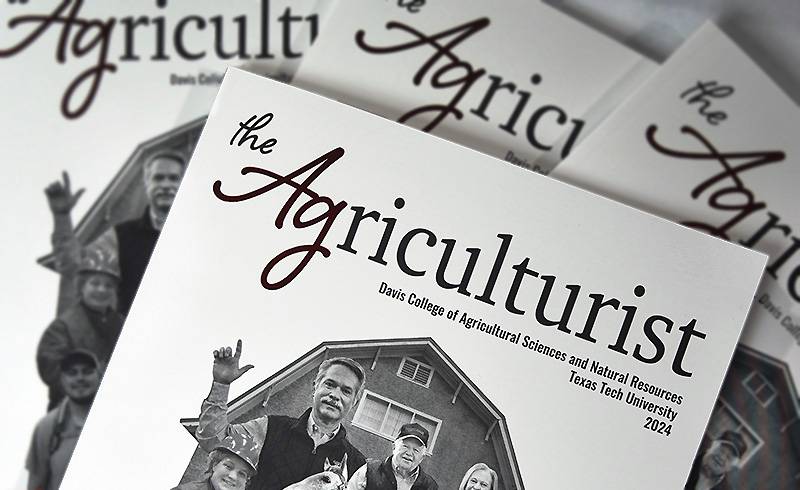
August 06, 2025
‘This recognition is a testament to the talent, dedication and hard work our students put into this publication. It is an honor to win these two awards that showcase the quality of our students’ work.’
tags: Agricultural Education & Communications, CASNR NewsCenter, Top Headlines, Teaching
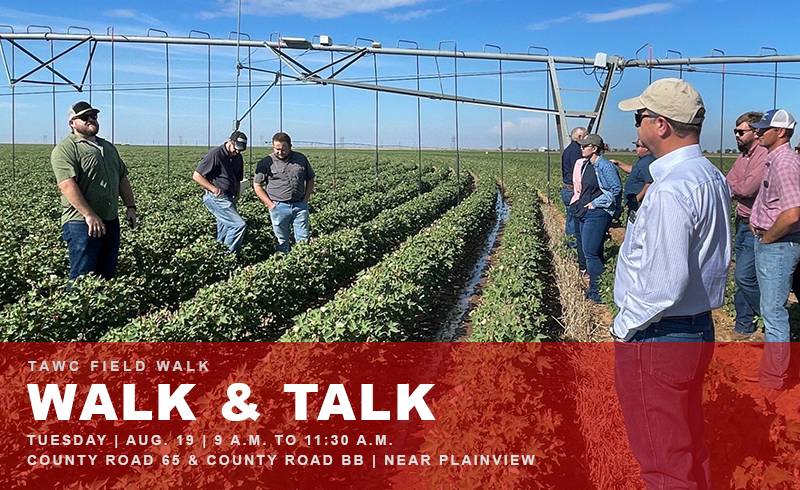
August 05, 2025
The event will focus on the evolving role of irrigation technologies, the benefits of crop and cattle rotations, and the implications of pending legislation for cotton growers.
tags: CASNR NewsCenter, Plant & Soil Science, Top Headlines, Outreach

August 04, 2025
‘It is an incredible honor to celebrate the remarkable achievements of our awardees, who embody innovation, leadership, and a commitment to making a positive impact.’
tags: Agricultural & Applied Economics, Agricultural Education & Communications, Animal & Food Sciences, CASNR NewsCenter, Landscape Architecture, Natural Resources Management, Plant & Soil Science, Top Headlines, Outreach
